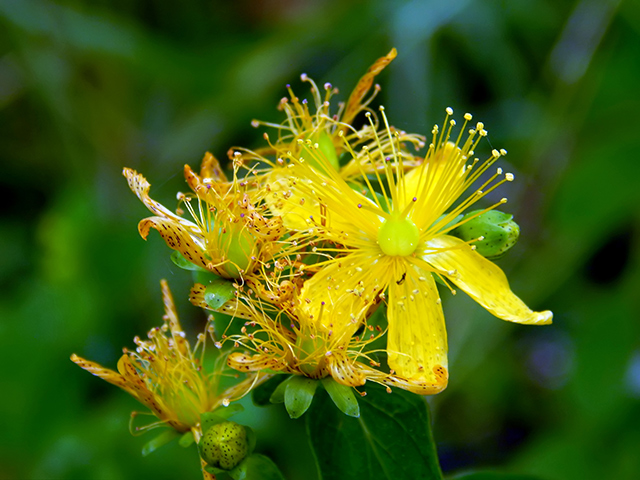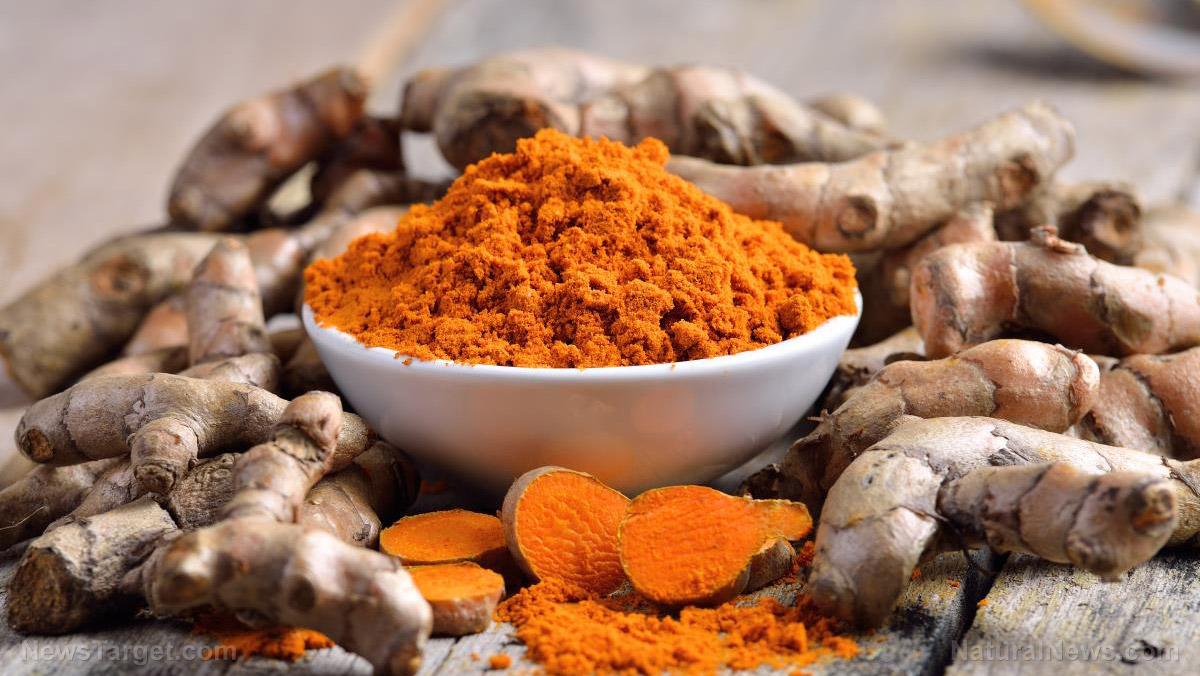Can aloe vera help prevent diabetic nephropathy?
12/07/2020 / By Evangelyn Rodriguez

Aloe vera is one of the most well-known and widely grown medicinal plants on the planet. A succulent plant native to North Africa, Southern Europe and the Canary Islands, aloe vera is now also cultivated in tropical countries around the world.
Aloe vera’s history of use as medicine can be traced back to the time of the Ancient Egyptians. Dubbed the “plant of immortality” by ancient healers, aloe vera was used by the Egyptians to treat more than 50 different conditions, from burns, acne and dermatitis to more serious diseases like obesity, leprosy, asthma and diabetes.
In a recent study published in the Journal of Dietary Supplements, Indian researchers investigated the effect of aloe vera treatment in rats with diabetic nephropathy. Also known as diabetic kidney disease, diabetic nephropathy is a result of damage to the kidneys caused by high blood sugar levels. Once the part of the kidney responsible for filtering blood is damaged, it starts leaking protein into your urine – a symptom of the disease. Diabetic nephropathy can lead to chronic kidney disease and kidney failure if not treated promptly.
Aloe vera prevents diabetic nephropathy by lowering cholesterol and reducing oxidative stress
According to previous studies, hyperlipidemia, or abnormally high cholesterol levels, and oxidative stress are involved in the pathogenesis of diabetic nephropathy. On the other hand, treatment with 300 mg/kg body weight aloe vera has been shown to have kidney-protective effects.
To determine if the cholesterol-lowering and antioxidant properties of aloe vera can protect the kidneys from diabetic nephropathy, the researchers obtained whole leaf aloe vera extracts and tested them in rats with diabetes.
They first induced the disease by treating the animals with streptozotocin (STZ), a chemical that’s particularly toxic to beta cells. The beta cells in the pancreas are responsible for producing insulin.
The researchers confirmed the development of diabetic nephropathy using biochemical and histological examinations. They also assessed the lipid profile and renal oxidative stress status of the diabetic rats.
The researchers reported that STZ successfully induced diabetes by triggering oxidative stress in the kidneys and altering the lipid profile of the animals. After eight weeks, STZ-induced diabetes caused nephropathy by increasing serum creatinine and blood urea nitrogen levels. Diabetes also promoted proteinuria and glomerular damage.
On the other hand, oral treatment with 300 mg/kg of aloe vera daily reversed the effects of STZ. It also proved to be more effective against diabetic nephropathy and renal oxidative stress than lisinopril, a known ACE inhibitor that was used as the reference drug. Lisinopril is prescribed to diabetics to prevent kidney problems. These results confirm that diabetes-induced oxidative stress and lipid alterations are involved in the development of diabetic nephropathy.
Based on these findings, the researchers concluded that aloe vera can be used to prevent diabetes-induced nephropathy, thanks to its blood cholesterol-lowering and antioxidant properties.
Other health benefits of aloe vera
Aloe vera, scientifically known as Aloe barbadensis, is a thick, short-stemmed plant whose leaves contain plenty of water. They also contain a gel that is widely used today to address various ailments, especially those related to the skin. Because it is rich in active phytonutrients with medicinal properties, aloe vera offers plenty of health benefits.
Here are some of the scientifically proven benefits associated with the topical and oral use of aloe vera: (h/t to MedicalNewsToday.com)
- Provides plenty of vitamins, minerals, amino acids and antioxidants
- Inhibits the growth of bacteria and fungi and the replication of certain viruses
- Accelerates wound healing
- Reduces dental plaque
- Helps treat mouth ulcers, or canker sores
- Relieves constipation
- Improves skin by promoting collagen production and preventing wrinkles
- Helps lower blood sugar levels
Aloe vera is a safe and effective natural remedy for various health problems. Very few side effects have been reported from the use of this medicinal plant. If you plan on using aloe vera topically or orally, you can find a wide range of aloe vera products in health food stores and online stores. Alternatively, you can plant your own aloe vera in your garden or backyard. Visit GrowYourMedicine.com to learn how.
Sources include:
Submit a correction >>
Tagged Under:
aloe vera, alternative medicine, antioxidant, diabetes science, Diabetic nephropathy, herbal medicine, Herbs, hypolipidemic, kidney health, natural cures, natural medicine, plant medicine, prevention, remedies, renoprotective, research
This article may contain statements that reflect the opinion of the author
RECENT NEWS & ARTICLES
PlantMedicine.News is a fact-based public education website published by Plant Medicine News Features, LLC.
All content copyright © 2018 by Plant Medicine News Features, LLC.
Contact Us with Tips or Corrections
All trademarks, registered trademarks and servicemarks mentioned on this site are the property of their respective owners.





















